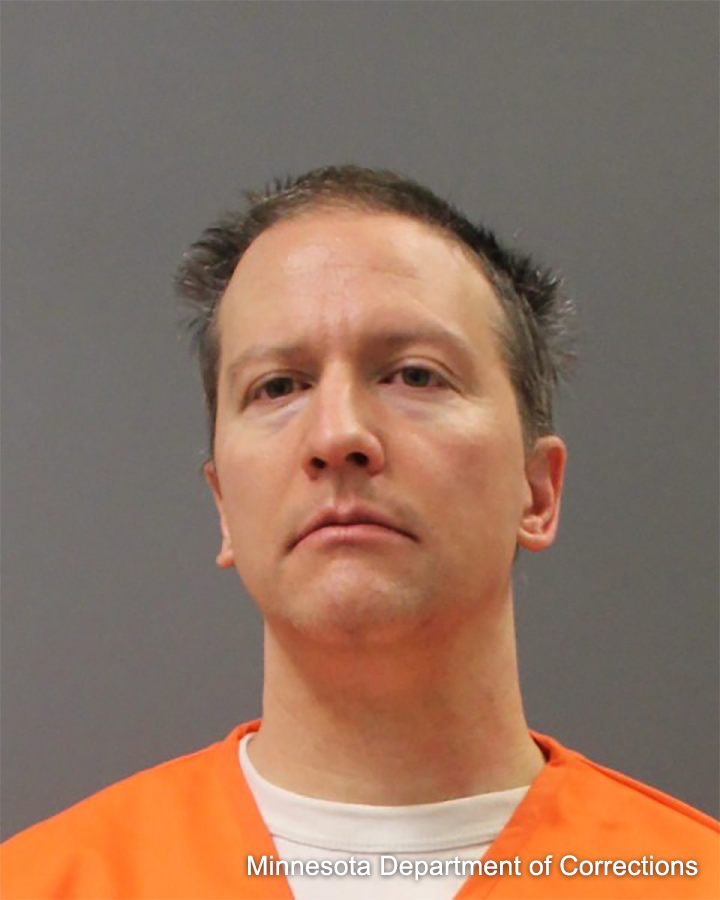Could Trump Pardon Cops Convicted Of Killing Black People? Yes And No

President Donald Trump signs executive orders in the Oval Office of the White House on January 20, 2025 in Washington, D.C. | Source: Anna Moneymaker / Getty
Amid the spate of presidential pardons being doled out by newly sworn-in President Donald Trump is a report that he was working to extend his executive powers to include two police officers convicted in the murder of an unarmed Black man.
Considering Trump ran a campaign based in part on vengeance – a campaign in which he vowed to give police immunity from prosecution – and his history of racist views involving Black people and law enforcement, the new report begs the question: Could Trump move to pardon cops convicted of killing Black people?
The answer is complicated. But in short, yes he can. And, based on his past rhetoric as well as his reported intention to do so in at least one case in Washington, D.C., he probably will. But presidential pardoning power only goes so far.
Karon Hylton-Brown
In response to Trump’s blanket pardons for Capitol rioters, including those convicted of assaulting police officers, the police union in the nation’s capital expressed “dismay,” it said in a statement released Tuesday. But the D.C. Police Union also said it was working with Trump to pardon two Metropolitan Police Department (MPD) officers convicted for causing the death of Karon Hylton-Brown.
The 20-year-old Black man was riding a scooter and being chased by former MPD officers Terence D. Sutton Jr. and Andrew Zabavsky prior to crashing to his death. A unanimous federal jury found Sutton and Zabavsky guilty of second-degree murder, conspiracy to obstruct, and obstruction of justice in part for a coverup that tried “to hide from MPD officials the circumstances of the traffic crash leading to Mr. Hylton-Brown’s death,” according to the U.S. Department of Justice.
In September, Sutton was sentenced to 66 months in prison and Zabavsky was sentenced to 48 months in prison. But a presidential pardon from Trump would mean their immediate freedom, just like it did for the Jan. 6 defendants released on the same day Trump was inaugurated.
Could Trump pardon more cops convicted of killing Black people?
Just because Trump can pardon Sutton and Zabavsky doesn’t mean he can do so for every police officer he perceives as being wrongly convicted of killing a Black person or people.
That’s because his presidential pardon power is only good on a federal basis. Hence, Sutton and Zabavsky, who were convicted by a federal jury, are eligible for a presidential pardon.
In other cases, though, it’s a bit more complicated.

Derek Chauvin. | Source: Minnesota Department of Corrections
Take Derek Chauvin, for instance. The former Minneapolis cop convicted of murdering George Floyd by applying deadly pressure against the Black man’s neck during an illegal kneeling restraint for nearly 10 straight minutes was found guilty in both state and federal cases. So when it comes to Chauvin’s state conviction for violating Floyd’s civil rights, Trump could issue a pardon and immediately eliminate the current 21-year sentence being served. That said, Trump is not able to affect his state sentence of 22.5 years, which is running concurrently with the federal sentence. But, if Trump did pardon Chauvin, eliminating the federal sentence would nearly guarantee he’d be released from prison early under Minnesota state guidelines depending on his behavior.
Richard W. Painter, the former chief White House ethics lawyer, speculated about a fallout along racial lines if Chauvin is pardoned.
“Although not a factor in this conviction, Chauvin’s crime clearly involved racism,” Painter said last month in a social media post. “A pardon also will rightly be seen as racially motivated.”
(For the record, Trump has not had any kind words publicly for Chauvin. But, he has spoken with disdain about the ensuing racial justice protests centering on the Black Lives Matter (BLM) movement. A presidential pardon of Chauvin could also be interpreted as one final swipe at the BLM protests and protesters, which stand in stark contrast to the violent Jan. 6 rioters Trump pardoned.)

Amber Guyger. | Source: Mesquite Jail
But in the case of Amber Guyger – the former Dallas police officer convicted of murder under Texas law for shooting and killing 26-year-old Botham Jean in his own home after mistaking the Black man for an intruder in her neighboring apartment – Trump cannot affect the duration of her sentence.
Presidential pardons have especially been topics of discussion since early last month when then-President Joe Biden pardoned his son Hunter following federal convictions for failing to pay federal income tax and illegally possessing a weapon.
Biden continued issuing presidential pardons up until his final day in office, with recipients ranging from other members of his family to Marcus Garvey, the Black nationalist convicted in the 1920s of mail fraud and imprisoned for nearly three years before he was released and deported to Jamaica.
Considering the massive number of pardons already issued by Trump, chances are he’s not done looking to free people whose convictions he believes were wrong, possibly including federally indicted Black folks like his friends New York City Mayor Eric Adams and Sean “Diddy” Combs, both of whom face credible and evidence-laden accusations of wrongdoing.
This is America.
SEE ALSO:
Demand Diversity Roundtable: Civil Rights Leaders Meet As Trump Dismantles DEI Programs
Surviving Trump: The Tough Conversations Black America Need To Have





